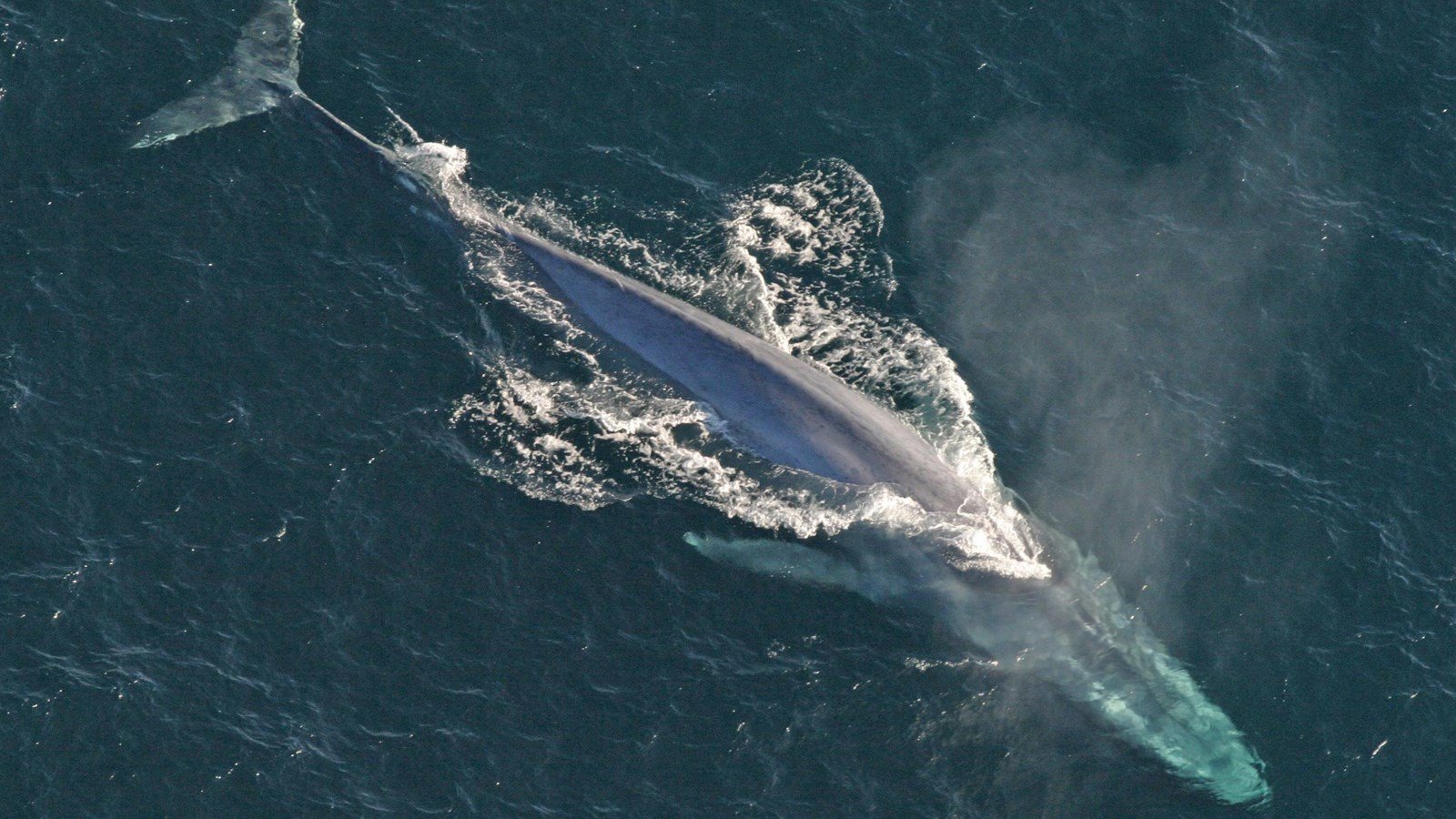The Importance of Blue Whales in the Ecosystem:
In the vast expanses of the world’s oceans, one creature stands out as a true marvel of evolution and a keystone species in the marine ecosystem—the blue whale. These colossal marine mammals play a vital role in maintaining the balance of our oceans. However, the awe-inspiring nature of blue whales extends beyond their ecological importance. In this article, we explore the significance of blue whales, what we know about them, and the intriguing mystery of their resistance to cancer.
The Importance of Blue Whales in the Ecosystem:
Blue whales, the largest animals to have ever existed on Earth, are known for their awe-inspiring size, with some individuals reaching lengths of over 100 feet and weighing up to 200 tons. Their ecological role is multi-faceted:
- Nutrient Cycling: Blue whales are part of a complex nutrient cycle in the ocean. When they feed on krill and other small marine organisms, they consume massive quantities of organic matter. During digestion, they release nutrient-rich feces into the ocean, which in turn supports phytoplankton growth. This process is vital for carbon sequestration and maintaining the ocean’s health.
- Regulation of Prey Populations: Blue whales are apex predators of the marine food web. By consuming vast quantities of krill, they help regulate the population of these tiny crustaceans, preventing their overabundance and maintaining a healthy balance in the ecosystem.
- Acoustic Impact: Blue whales are known for their powerful and far-reaching vocalizations. These songs serve as a form of communication and are thought to play a role in mate attraction and maintaining social bonds. Their acoustic presence influences other marine species and has an impact on ocean ecosystems.
What We Know About Blue Whales:
Blue whales are baleen whales, meaning they have baleen plates instead of teeth for filtering food from the water. They are found in oceans worldwide, with various populations in different regions. Blue whales have distinctive blue-gray coloration with mottled patterns, and their enormous size distinguishes them from other species. Their primary diet consists of krill, small fish, and plankton, which they filter through their baleen plates. Blue whales are capable of traveling great distances during seasonal migrations.
The Mystery of Blue Whales’ Cancer Resistance:
One of the most fascinating aspects of blue whales is their apparent resistance to cancer. While most large animals, including humans, are susceptible to cancer, blue whales exhibit a remarkably low incidence of this disease. Several theories have been proposed to explain this phenomenon:
- Tumor Suppressor Genes: Blue whales may possess unique genetic adaptations related to tumor suppressor genes, which help prevent the development of cancerous cells.
- Cell Division Regulation: Blue whales may have evolved mechanisms to tightly regulate cell division and DNA repair, reducing the likelihood of cancerous mutations.
- Longevity and Size: Blue whales’ immense size and long lifespans could be factors in their cancer resistance. Larger animals typically have more cells and longer lifespans, increasing the chances of mutations leading to cancer. Blue whales, however, seem to defy this trend.
Conclusion:
Blue whales are not just the giants of the ocean; they are key players in maintaining the health of marine ecosystems. Their role in nutrient cycling, prey population regulation, and acoustic impact underscores their significance in the natural world. The mystery of their cancer resistance adds another layer of intrigue to these magnificent creatures, inspiring ongoing research into their unique biology and its potential implications for cancer research in humans. As we continue to explore and protect our planet’s biodiversity, understanding the significance of blue whales and unraveling the enigma of their cancer resistance showcases the interconnectedness of all life on Earth and the importance of preserving these remarkable beings for future generations.
